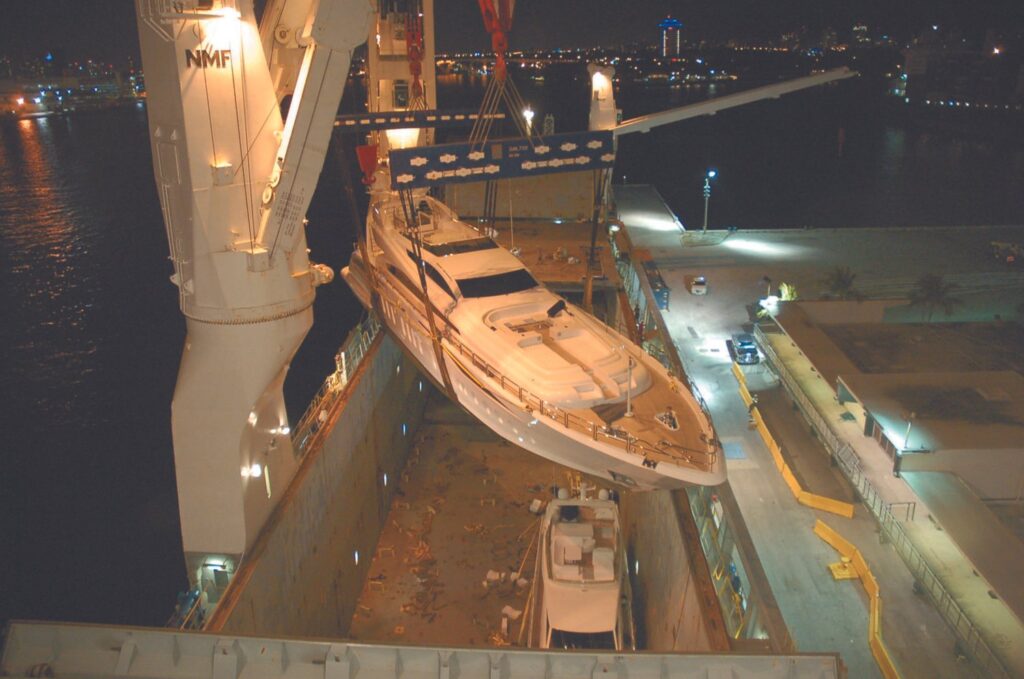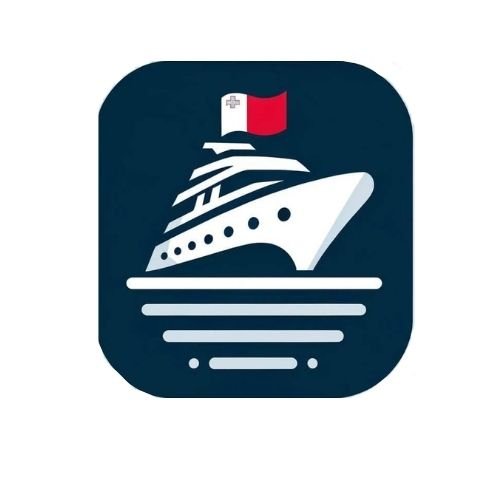
Tonnage survey services in Malta are essential for yacht and ship owners looking to ensure compliance with international maritime regulations. These surveys measure the gross and net tonnage of vessels, which directly affects registration, safety regulations, and tax obligations. For individuals looking to register a yacht in Malta, a tonnage survey is a crucial step in the process, providing accurate data that helps determine fees and compliance with Maltese maritime law. Malta’s strategic location and expertise in maritime services make it a preferred destination for yacht registration and tonnage surveys.
What Is a Corporate Service Provider?

A corporate services provider is an expert firm dedicated to supporting businesses with comprehensive regulatory, administrative, and financial services. These providers play a crucial role in helping companies navigate complex legal landscapes, ensuring compliance with local and international laws, and managing intricate tax issues.
Corporate services providers are particularly invaluable in sectors such as maritime, where they facilitate essential processes like yacht registration and tonnage measurement. These firms are often part of larger corporate services groups that specialize in distinct industry sectors, offering tailored support that addresses specific business needs.
Corporate Administrator Job Description

The role of a corporate administrator is central to the effective management of a company’s regulatory obligations. This position involves a detailed oversight of regulatory documentation, active liaison with government and regulatory bodies, and a commitment to maintaining up-to-date compliance across various jurisdictions.
In the maritime industry, the job description of a corporate administrator extends to specialized areas such as overseeing the registration and tonnage measurement of vessels, making them indispensable in navigating the regulatory seas. Their expertise ensures that maritime operations adhere to the latest standards and regulations, safeguarding the company against potential legal issues.
Corporate Administrator Duties
-
Regulatory Compliance Management: Ensuring that all business activities adhere to both local and international regulatory frameworks.
-
Licensing and Permits: Working closely with local authorities to secure necessary licenses and permits, especially critical in operations like yacht registration.
-
Documentation Coordination: Managing and coordinating essential legal and financial documents across international borders, supporting seamless global operations.
-
Maritime Guidance: Offering expert advice on maritime regulations, including detailed aspects of tonnage measurement and safety standards, ensuring that all vessels meet legal requirements before they set sail.
Corporate services providers and their administrators are fundamental to the successful management of complex administrative and regulatory challenges, especially in industries where precision and compliance are paramount.
Their expertise not only supports legal and financial stability but also enhances operational efficiency, particularly in sectors like maritime where specifics such as tonnage measurement are critical for compliance and operational success.
The Role of Corporate Services in Maritime Management

Benefits of a Corporate Services Group
A corporate services group equips businesses with the expertise and tools needed to tackle complex administrative challenges effectively. These services are invaluable in a variety of maritime activities, including the registration of vessels under different flags and the strategic management of tonnage tax costs. By leveraging their extensive knowledge and industry connections, corporate services groups ensure that processes like tonnage measurement and vessel registration are streamlined and efficient.
Registering a Yacht in Malta: International Tonnage Measurement
Tonnage measurement is critical in determining a vessel’s internal volume and its capacity for carrying cargo or passengers. The International Convention on Tonnage Measurement of Ships, 1969 (IC-69), provides a standardized method for this calculation, critical for issuing tonnage certificates:
-
International Tonnage Certificate (ITC69): This document is a global standard for confirming a vessel’s tonnage, essential for vessels engaged in international trade.
-
Suez Canal Rules: These are crucial for vessels navigating this key global trade route, as they require a specific tonnage calculation to determine the Suez Canal tonnage certificate.
-
Panama Canal Rules: These rules apply to vessels transiting the Panama Canal and involve tonnage calculations similar to those for the Suez Canal, ensuring that tonnage taxes and duties are correctly assessed.
By managing these documents and ensuring they are up to date, corporate services providers play a pivotal role in facilitating the smooth registration of yachts and other vessels in Malta and other jurisdictions. Whether the vessel is a large cargo ship or a private pleasure vessel, the accuracy of tonnage measurement is paramount to comply with international standards and ensure proper documentation and tax compliance.
Moreover, these providers are essential in managing the tonnage surveys that must be periodically undertaken to ensure that all measurements remain accurate and reflective of the vessel’s current state. This ongoing surveillance helps to avoid discrepancies that could affect the vessel’s legal standing or operational capabilities in both national and foreign ports.
Ensuring Compliance and Efficiency
Corporate services groups not only help in measuring and documenting tonnage but also assist in navigating the complex regulations imposed by different maritime authorities across the globe. By understanding the nuances of each regulation, whether it’s under the British registry or the red ensign flag states, these providers ensure that vessels meet all necessary criteria without unnecessary delays or costs.
Their expertise extends to managing special tonnage tax regimes that might apply in different jurisdictions, helping vessel owners optimize their operations financially and legally. The role of these groups is indispensable in the maritime industry, where regulations are stringent, and the scope for errors is minimal. Their strategic support ensures that vessels not only comply with all regulations but also operate efficiently and cost-effectively on the global stage.
Documentation for Tonnage Calculation
To accurately undertake tonnage surveys and determine a vessel’s tonnage, several types of technical documentation are essential:
-
Lines Drawing: This document illustrates a vessel’s unique shape and structure, providing a visual reference for further calculations.
-
General Layout Drawings: These offer a comprehensive overview of the vessel’s compartments and equipment, aiding in the precise calculation of net tonnage.
-
Hydrostatic Curves: These curves are vital for representing a ship’s buoyancy characteristics at various loading conditions, influencing the tonnage measurement.Issuing Tonnage Certificates
Corporate services groups are pivotal in ensuring your yacht meets the necessary documentation standards for obtaining a tonnage certificate. Their expertise is invaluable when working with local authorities, ensuring your yacht complies with Malta’s tonnage measurement survey standards.
Tonnage Measurement Survey
The tonnage measurement survey is a fundamental part of the yacht registration process. It provides an accurate calculation of the yacht’s internal volume, crucial for obtaining a tonnage certificate. Conducted by recognized surveyors, the tonnage survey determines the vessel’s tonnage and essential specifications like engine details, hull identification, and overall dimensions. This comprehensive tonnage measurement ensures that the yacht is classified correctly, particularly for those intended for international travel or registration in a foreign port.
The survey also includes the calculation of gross and net tonnage, both important for complying with local and international maritime regulations. It’s essential in determining applicable tonnage taxes and fees associated with yacht ownership.
The corporate administrator duties involved often include managing documentation, ensuring compliance, and coordinating communication between surveyors, authorities, and clients.
British Merchant Shipping Laws
Under British Merchant Shipping Laws, all yachts registered under Part I of the British Register of Ships must undergo a tonnage survey to verify the yacht’s capacity, specifications, and authenticity. This requirement also applies to foreign vessels seeking registration within the British registry.
Load Line Length Regulations
For yachts up to 24 meters in length, a simplified form of measurement can be applied, reducing the administrative burden. However, larger vessels require a more detailed tonnage survey and volume calculation to meet the stricter UK Ship Registry standards.
Port Registries Under the Red Ensign
Corporate services groups often have specialized teams working with port registries under the Red Ensign flag states, including:
-
Bermuda
-
British Virgin Islands (BVI)
-
Cayman Islands
-
Guernsey
-
Gibraltar
-
Isle of Man
-
Jersey
These teams ensure compliance with each foreign port‘s specific tonnage tax and tonnage measurement regulations.
Transport Malta’s Approval
Transport Malta has approved surveyors who undertake tonnage surveys for yachts of 24 meters or less in Valletta. For larger yachts or foreign vessels, specialized tonnage certificates are issued according to the comprehensive guidelines established by British Merchant Shipping Laws and Transport Malta.
